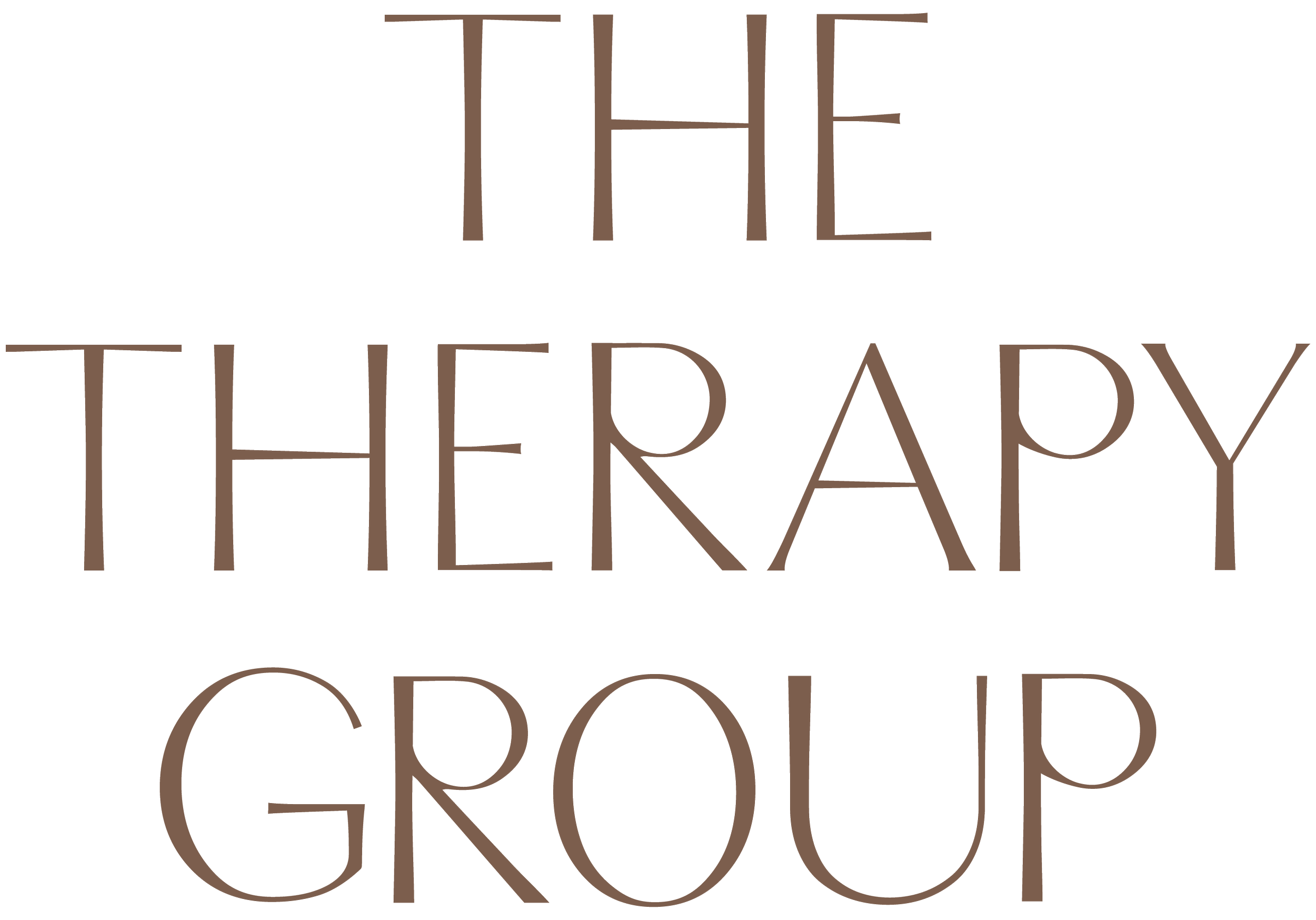
what is KETAMINE ASSISTED PSYCHOTHERAPY (KAP)?
Ketamine-Assisted Psychotherapy (KAP) offers an innovative and supportive approach for those who feel stuck and have struggled to find relief through traditional psychotherapy alone. By integrating medically-supervised Ketamine treatment with compassionate psychotherapeutic guidance, KAP can help clients experience meaningful breakthroughs and lasting improvements.
how does KAP work?
Ketamine has gained attention for its remarkable antidepressant properties. Prolonged depression often results in the loss of vital brain connections known as synapses, crucial for healthy brain functioning. Research indicates that within just 24 hours of a medically-supervised Ketamine treatment, these lost synapses begin to regenerate, supporting your brain's ability to form new, positive pathways that enhance your mental well-being and overall quality of life.

what makes KAP different?
Unlike traditional psychotherapy or medication alone, KAP uniquely combines the powerful neurobiological effects of Ketamine with therapeutic guidance. This approach allows clients to access deeper emotional insights, facilitating profound personal growth, emotional resilience, and symptom relief.
key benefits of ketamine assisted psychotherapy
Rapid symptom relief, often noticed within hours or days
Increased emotional resilience and clarity
Enhanced capacity for meaningful therapeutic breakthroughs
Long-term improvements in mood, anxiety, and overall well-being
Deeper, more integrated healing experiences

Ketamine Assisted Psychotherapy FAQs
-
Ketamine-Assisted Psychotherapy (KAP) is a modern approach to traditional psychotherapy for those struggling to find symptom relief from their mental health conditions and stuck points.
-
Ketamine is known for its antidepressant effect. Long-term depression can cause a loss of connections in our brains, called synapses, that facilitate nerve cell communication.
Research shows that within 24 hours of receiving the first dose of medically-supervised Ketamine, lost connections begin to regrow.
Regrowing and reactivating synapses can support the brain in shifting out of depression and helping you create new pathways that support the life you want to live. -
You will meet with a psychiatrist for clearance and get a prescription for your ketamine and zofran, which you will pick up prior to your session. You will meet with your therapist for several preparation sessions to discuss the process, set an intention, and complete some exercises at home to help you get focused and prepared for your session. It is best practice to take a few days prior to your Ketamine session and think about the intention you’ve set, journal, take a social media cleanse, and abstain from alcohol.
-
Ketamine works in part by disrupting activity in the brain’s Default Mode Network (DMN)—the system linked to self-reflection, rumination, and the inner narrative we call the ego. In many mental health conditions, the DMN becomes overactive and rigid, reinforcing patterns of negative thinking and identity. Ketamine temporarily quiets this network, creating a state of openness where the usual grip of the ego softens.
-
Unlike traditional antidepressants, ketamine can relieve depression, anxiety, and suicidal ideation within hours or days.
Ketamine reduces activity in the Default Mode Network, loosening entrenched patterns of rumination, self-judgment, and negative identity loops. This can create a “cognitive reset” or breakthrough.
Ketamine also promotes synaptogenesis—the formation of new neural connections. This makes the brain more receptive to change and responsive to therapy during the integration window which is typically 24–72 hours post-session. During this time you will be given “homework” to complete and may even schedule an integration session with your therapist.It is recommended to be open to your own personal experience and not overthink the process (easier said than done)! Your therapist will go over potential experiences one may have when going through with a medicine session. You can expect to be made as comfortable as possible, and receive emotional support while you undergo this journey.
-
Some people may experience nausea or dizziness. We will check on you throughout the treatment and make sure you have everything you need to make yourself as comfortable as possible. Including eyeshades, water, a curated playlist, and more.
-
No, You will not be able to drive after your treatment. We require using a ride service such as LYFT or UBER or arranging a trusted person to pick you up from treatment. You are more than welcome to relax in our waiting room until your ride arrives.
-
Typically no, it may depend on the type of work you do! Typically we recommend taking the day off after your treatment to relax and let your process fully integrate.
-
We will connect you with a doctor who will do an evaluation and once you are approved, they will prescribe oral ketamine (lozenage) that is held in one’s mouth for 15 minutes where it is absorbed transbuccally.
-
Ketamine may be helpful for the following conditions:
Treatment Resistant Depression
Severe Depression
Severe Depression
Bipolar Depression
Post-Traumatic Stress Disorder (PTSD)/ Post-Traumatic Stress Injury (PTSI)
Obsessive-Compulsive Disorder (OCD)
Post-Partum Depression
Anxiety
Eating Disorders
Chronic Pain
-
Simply put, Ketamine has the potential but it is HIGHLY unlikely in a professional and monitored setting.
-
Canidates for KAP may have a diagnosis of: Post-Traumatic Stress disorder (PTSD), Treatment-Resistant Depression, Anxiety Disorder, Bipolar I or II disorder, Obsessive-Compulsive Disorder (OCD), psychological reactions to physical illness, or an Eating Disorder
Candidates for KAP may struggle with past trauma, interpersonal or relationship issues
Candidates for KAP may have tried psychiatric medicines and have struggled to find one that worked successfully for them
-
The number of treatments will depend on your level of Symptomology and will be an ongoing discuss with your KAP therapist, on average clients receive 6-10 sessions but some people see results within one treatment, We are happy to work with you to develop a unique treatment plan that fits your needs.
-
Typically no, the ketamine session is for the medicine and the integration sessions follow your medicine journey. Some people may be more talkative than others, and it is not uncommon to want to share what you experienced, however, this is not always the case. Some people are very internal both during and after their session, and may want quiet time to process their experience.
If you are interested in joining the waitlist for KAP please fill out our contact form here




